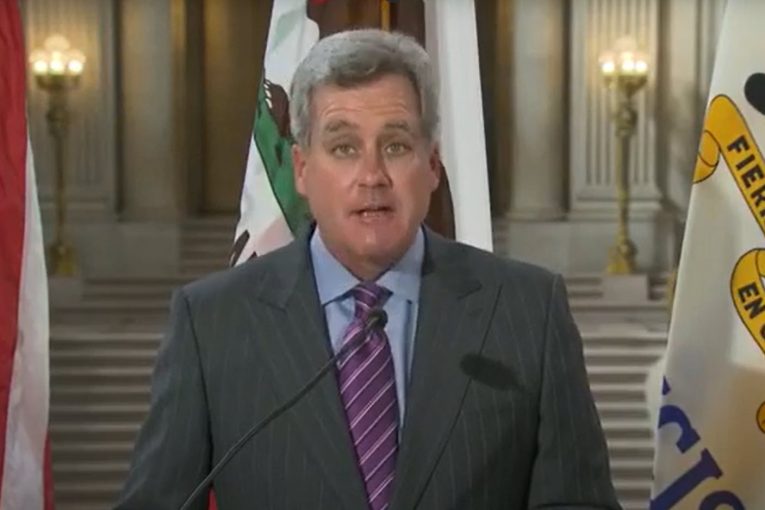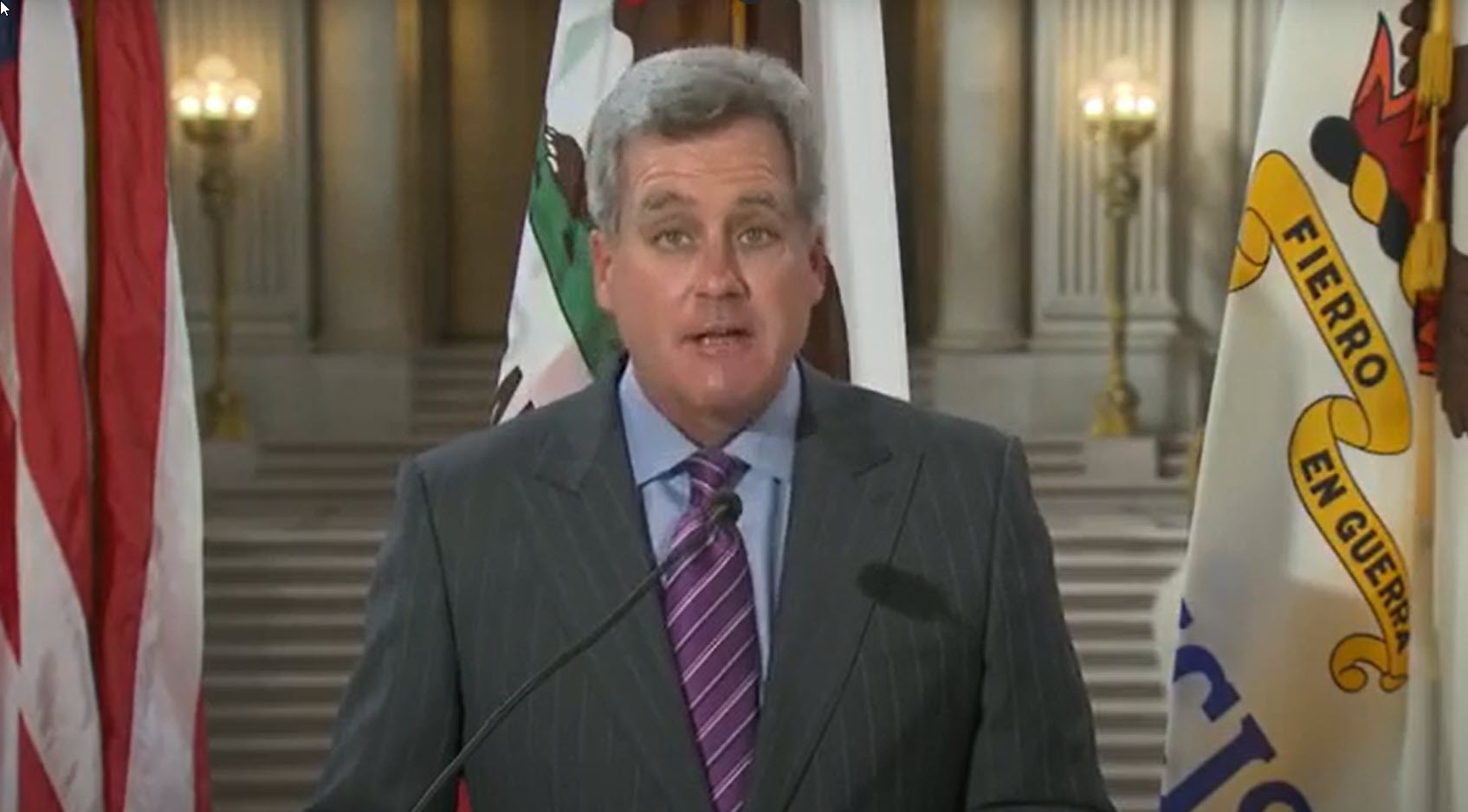

by Vanguard Staff
SAN FRANCISCO, CA – Proposed civil injunctions by the city of San Francisco could result in a small group of people being arrested for just walking down the street, visiting family members or riding a city bus, according to the ACLU Foundation of Northern California in a pleading filed here.
The ACLU called the proposed injunctions overbroad, and asked the San Francisco County Superior Court to deny the motions for preliminary civil injunctions filed by San Francisco City Attorney Dennis Herrera to ban people from a 50-square-block area of the Tenderloin, allegedly for drug dealing.
The city also does not provide solid evidence that targeted folks are convicted drug dealers, charged the civil liberties group.
The city filed for the injunction last September against 27 people who had been arrested for low-level drug-related activity in the Tenderloin. City Attorney Herrera held a press conference touting the unprecedented nature of the filings, calling them “a new approach.”
“The city asks the Court to give it the power to banish those it finds undesirable. While such a power might serve the short-term interests of police and politicians, it is an unproductive,  unjustified, and unprecedented use of the public nuisance statute and Unfair Competition Law,” the ACLU filing noted.
unjustified, and unprecedented use of the public nuisance statute and Unfair Competition Law,” the ACLU filing noted.
“Never before have these laws been used to impose such a sweeping injunction based on a handful of low-level drug crimes. To grant the requested injunction would be to hand the City Attorney a shocking new weapon that could be replicated and used against any number of groups it would prefer out of sight,” the ACLU brief warned.
The ACLU pleading noted that these kind of civil injunctions are a continuation of the failed U.S. “war on drugs” that create exclusionary zones cutting off vulnerable community members from services they need to sustain their lives.
The ACLU said people “targeted” by the proposed injunction said they struggle financially and need services provided by organizations in the Tenderloin for assistance with employment, housing, and health services.
These so-called “exclusionary zones” also can lead to increased “policing” and with that racial profiling, which can lead to deadly consequences for People of Color, the ACLU added.
“There is also no evidence that the injunction would improve the lives of Tenderloin residents or reduce crime. The evidence…shows the opposite—injunctions and enforcement against street-level dealers are ineffective and even harmful,” maintained the filing.
“The city’s request that the Court grant preliminary injunctions excluding our clients from a large portion of the city without regard to the impact on them and their family members is unprecedented and unconstitutional,” said Annie Decker, staff attorney at the ACLU of Northern California.
“The city should spend public money on services that support vulnerable communities with safe and supportive housing, mental health, harm reduction, and other life-affirming services, not further driving people into poverty and desperation,” she added.
The ACLU also argues that the city filed the action more than six months ago but has yet to act, and there are other remedies, such as stay-away orders, usually meted out by the courts regularly to low level drug users.
The “city’s proposed 50-square-block drug abatement area is utterly disproportionate to the scope” of alleged conduct, and the entire injunction plan is an “onerous and impractical solution (that is) no solution at all,” the ACLU maintains in its pleading.
To sign up for our new newsletter – Everyday Injustice – https://tinyurl.com/yyultcf9
Support our work – to become a sustaining at $5 – $10- $25 per month hit the link: